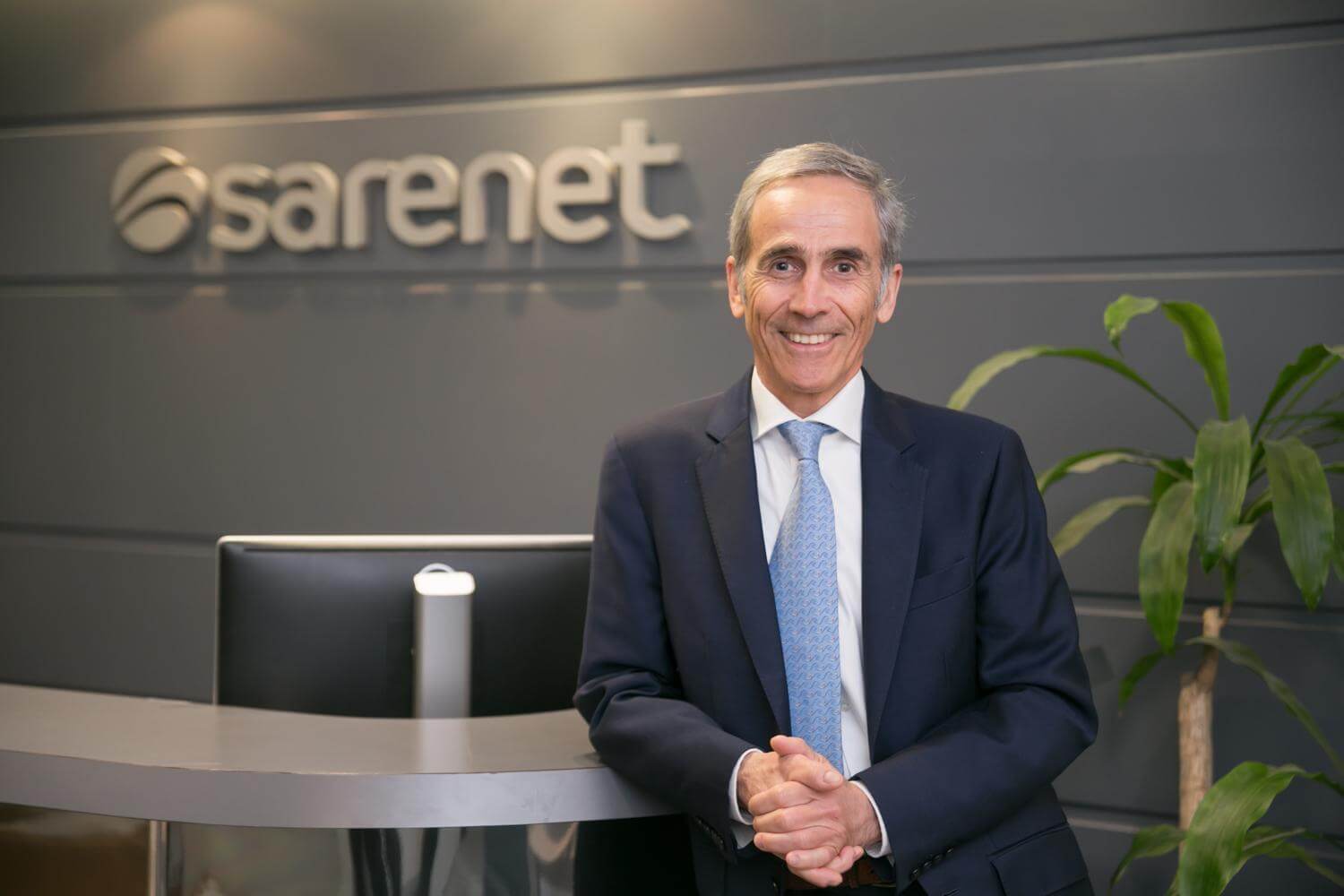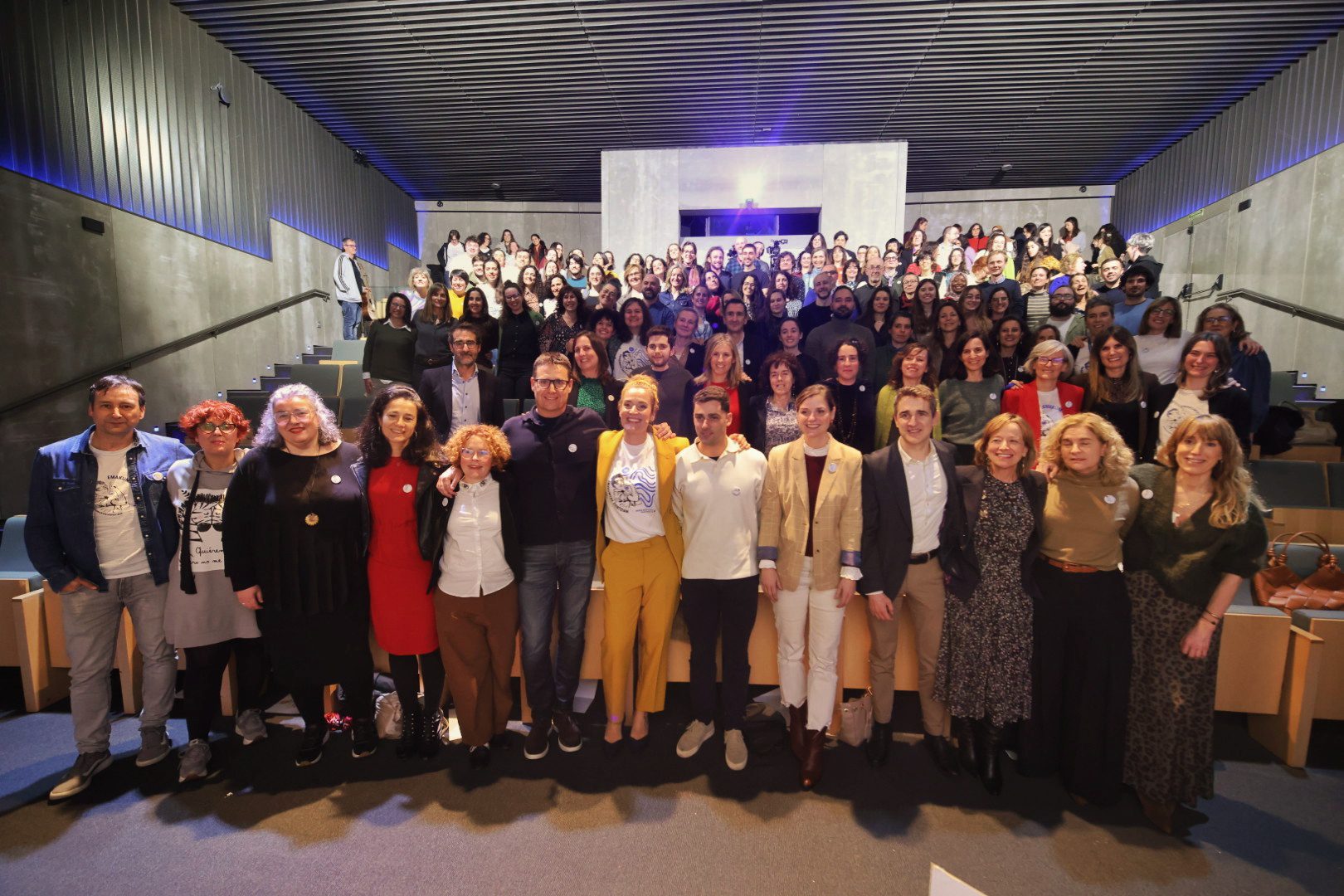The Basque Country Technology Park strengthens its position as a biotech hub with the world’s first industrial plant to produce recombinant proteins with chrysalides
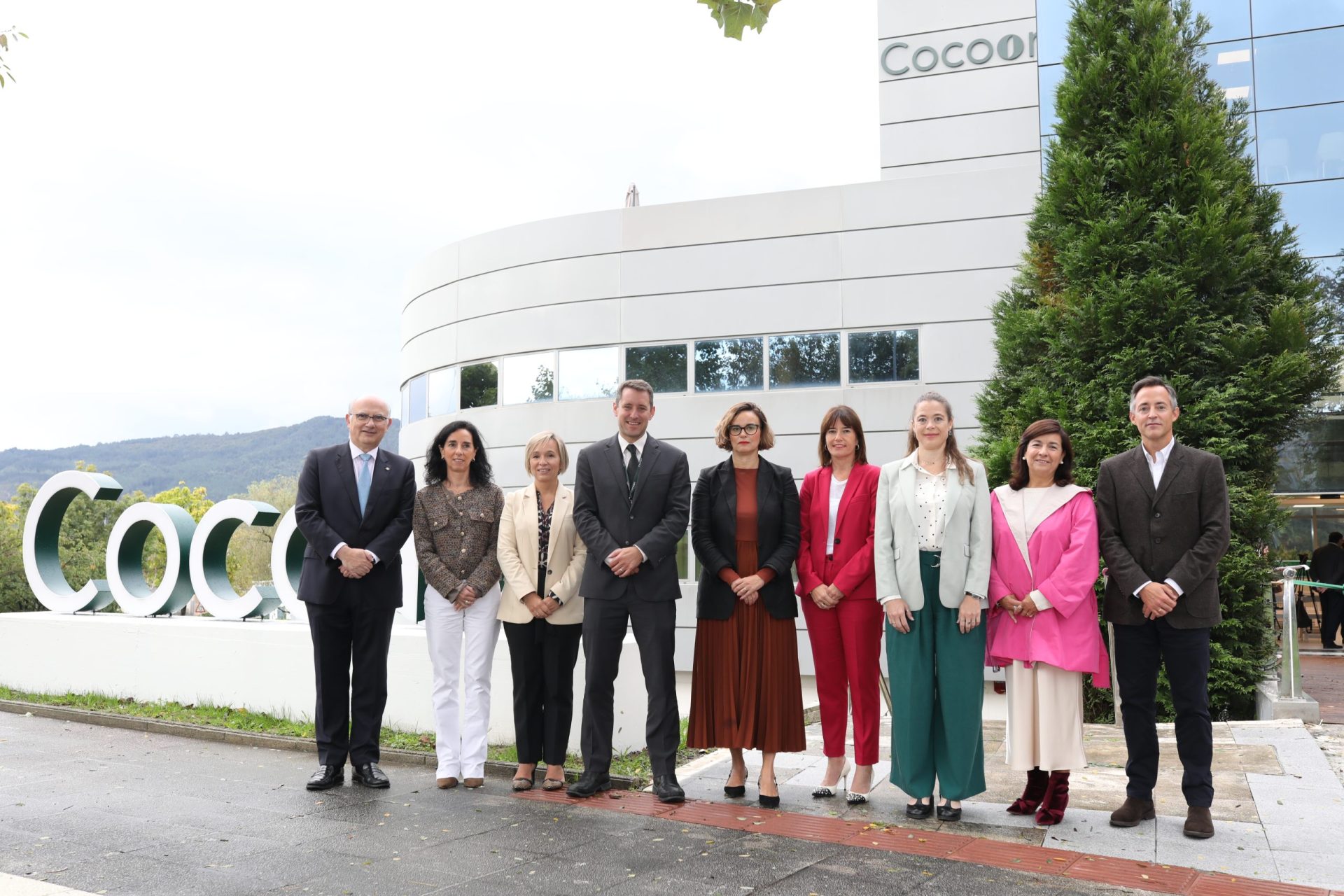
This is the world’s first industrial-scale plant to manufacture recombinant proteins using insects in chrysalis form as low-cost natural bioreactors.
It is an efficient and economically viable alternative to the need to supply reagents for the emerging mRNA therapy and vaccine industry, gene sequencing and cultured meat.
The new plant is a milestone for society, as bringing production to an industrial scale will allow scaling up production and thus further reducing the cost of these recombinant proteins, so necessary to make advanced therapies and sustainable food accessible.
Cocoon Bioscience, a biotechnology company specialising in the manufacture of recombinant proteins, has inaugurated the first plant in the world to use this innovation that combines science and nature at the Zamudio/Derio Campus of the Euskadi Technology Park.
The company, founded in September 2022, uses a technology that is unique in the world: an automated platform that uses insects in their chrysalis state as natural bioreactors with high efficiency and low cost. This method is more natural, scalable and affordable compared to the traditional method of fermentation with bacteria, where stainless steel bioreactors are used.
This is a significant milestone not only on a biotechnological level, but also on a societal scale, as Cocoon’s recombinant proteins are an efficient and economically viable alternative to supply reagents to the emerging mRNA therapeutics and vaccine, gene sequencing and cultured meat industries.
Both mRNA vaccines and therapies and cultured meat share high raw material costs, which restricts the use of these technologies.
At the healthcare level, Cocoon Bioscience’s goal is to democratise access to these therapies by reducing raw material costs by up to 90%, which will allow access to developing countries facing infectious diseases that undermine the population.
Cultured meat, on the other hand, is a sustainable alternative for the future of the world’s food supply. It is estimated that by 2075 there will be 9 billion people on the planet, which will make traditional food production unsustainable. In addition, current livestock production contributes significantly to global warming due to methane generated by animals. Cultured meat offers a sustainable solution and could eliminate diseases related to eating meat of animal origin.
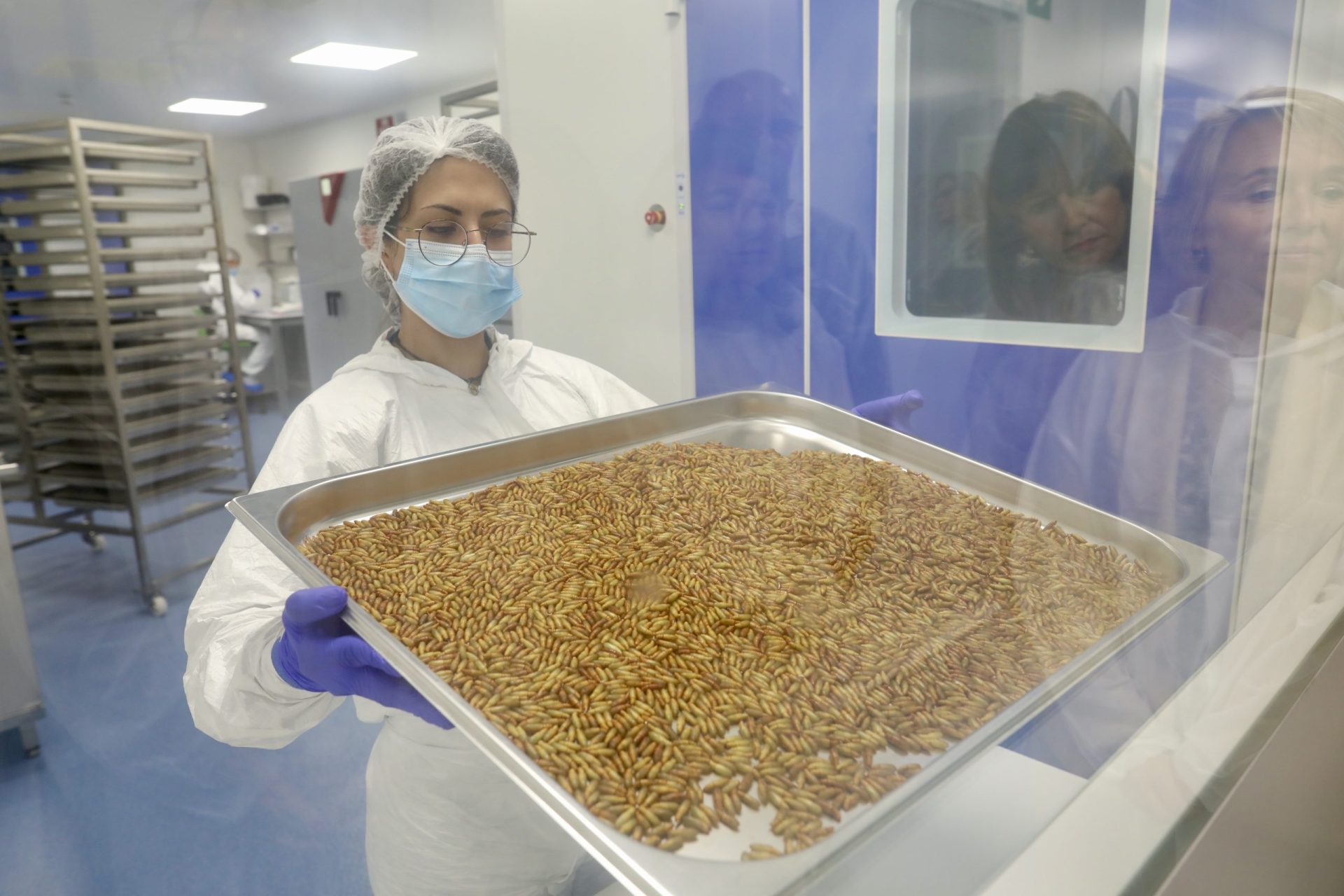
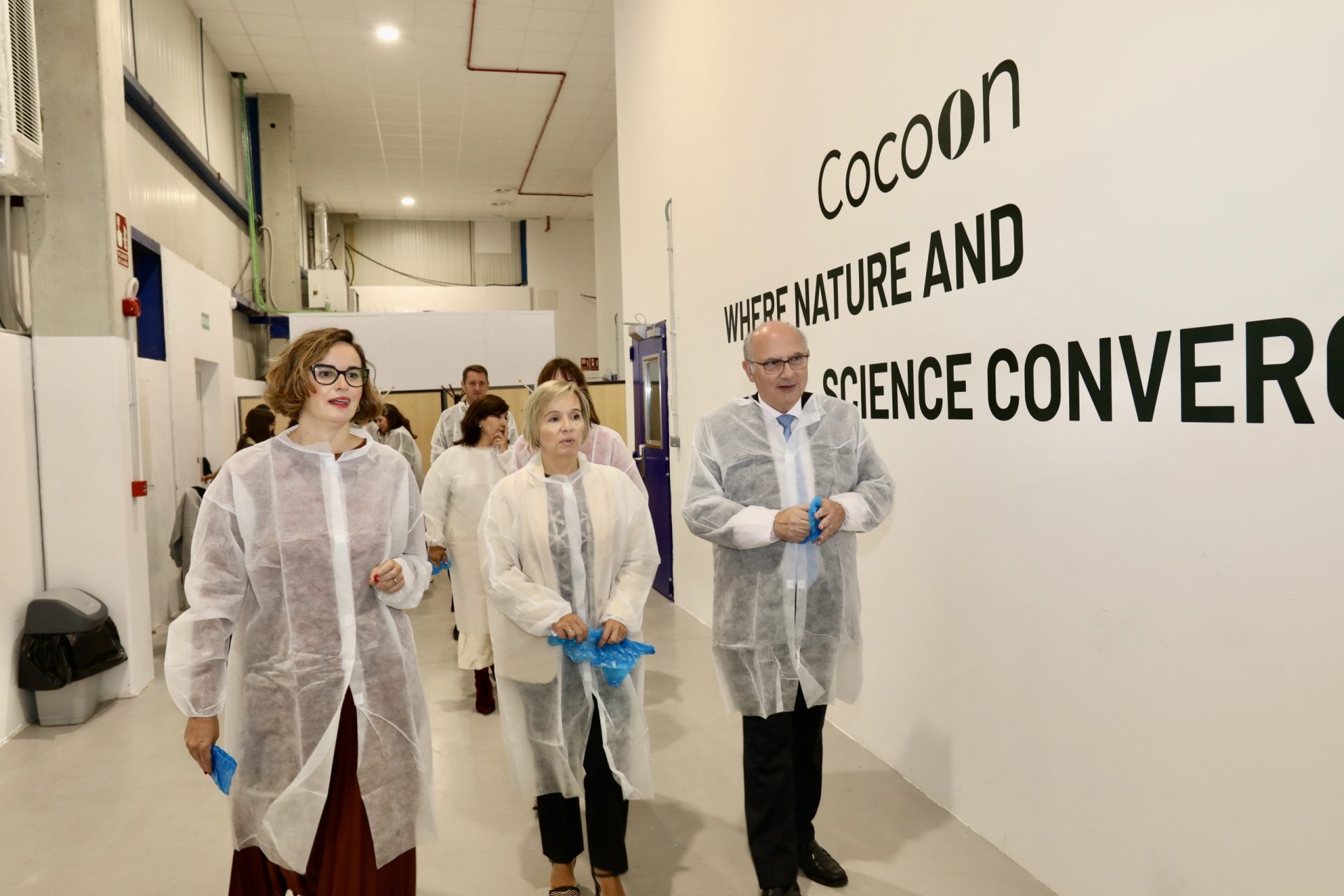
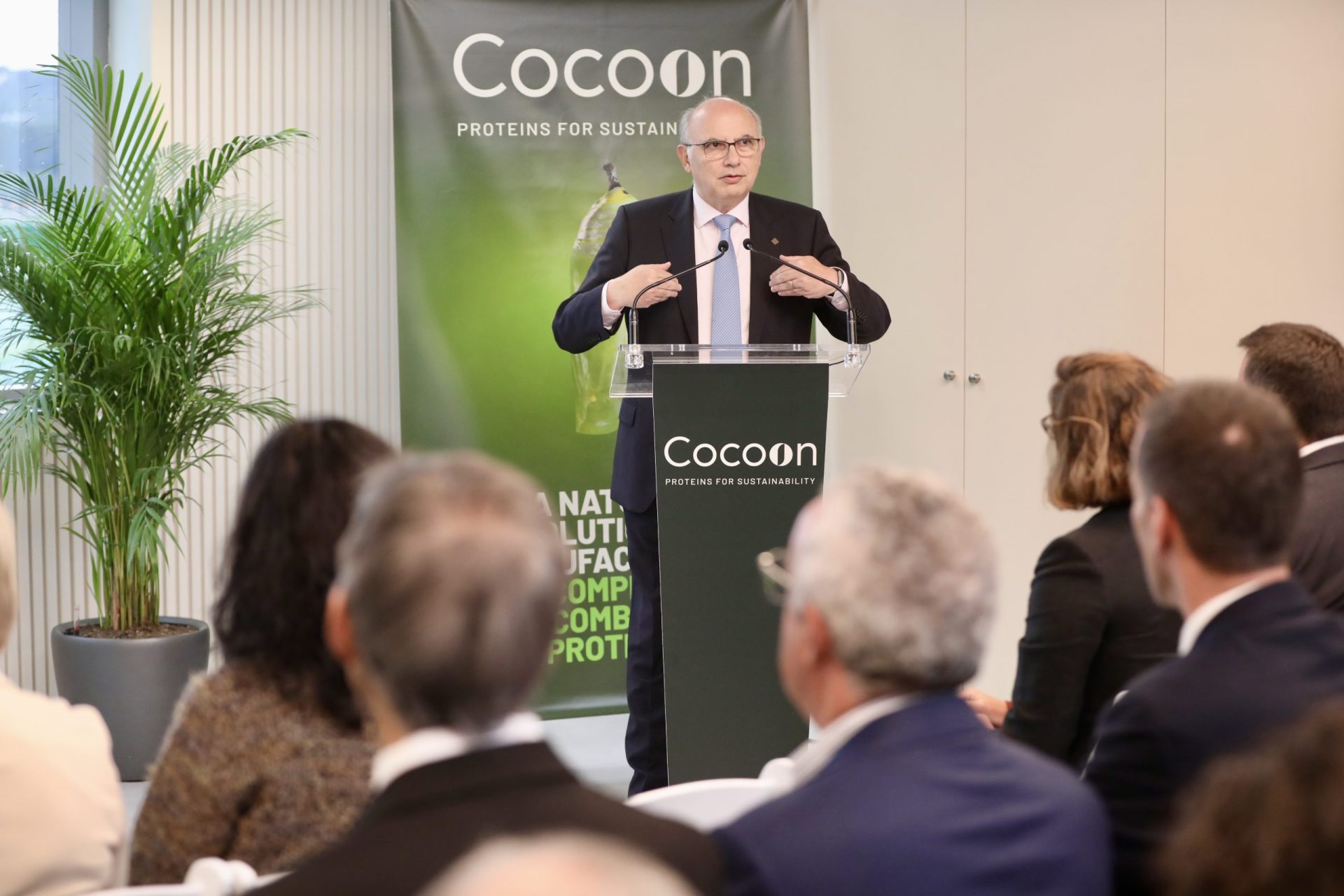
A natural, efficient and affordable alternative
The Crisbio® technology is based on the inoculation of the pupae with the baculovirus, which acts like a Trojan horse, introducing the desired gene sequence into the insect cells. The baculovirus is harmless to mammals and allows the pupae to naturally produce the desired recombinant protein in just three to six days.
To produce the recombinant proteins so necessary for today’s societal challenges, Cocoon Bioscience uses Trichoplusia ni pupae. Its insect hatchery, managed by a team of expert entomologists, is designed to be an efficient and robust production platform.
Cocoon’s CEO, Josh Robinson, explained today at the official opening that ‘Crisbio® technology allows the production of these recombinant proteins to be brought to a more natural, faster and therefore more accessible scale. This is a tremendous step forward for the bio-health and food industries’.
Elixabete Etxanobe, the Provincial Councillor of Bizkaia, attended the opening ceremony of the plant, where she stressed that ‘with this investment we are strengthening the development of biotechnology in Bizkaia, a sector considered strategic for the territory. This milestone is an example of how we continue to attract investment and talent, generating quality employment and strengthening our position as a benchmark in innovation and sustainability. Cocoon contributes to the development of Bizkaia towards a more advanced and diversified economy’.
Furthermore, Romy M. Dalton, COO of Cocoon, said that ‘after years of research and work, to be able to see that we have managed to take it to a scale like this, with what this means in terms of production, and therefore for society, excites us and motivates us even more to continue growing’.
The mayoress of Derio, Esther Apraiz, highlighted ‘the culture of collaboration that exists in the Basque Country between the public administration and private enterprise, which is key to the economic development of the autonomous region and society’.
Javier Garcia, one of the investors in the project, commented that ‘the innovative ecosystem of the Basque Country is consolidated with the opening of the Cocoon manufacturing plant. It incorporates a disruptive approach, which takes the advances of science and unites them with the power of nature. It is a unique production system in the world that, in addition to being more efficient, is a differential for advancing sustainability in areas as important as health and food’.
Jaione Ganzarain, Deputy Minister of Technology, Innovation and Digital Transformation and Ainara Basurko, Provincial Councillor of the Department of Economic Promotion also attended the opening ceremony, along with dozens of Basque business representatives who wanted to be present at what is already a milestone for society worldwide and reinforces the position of the Basque Country as a reference and world biotechnology hub.
About Cocoon
Cocoon Bioscience is a biotechnology company based in Bizkaia that specialises in the production of recombinant proteins such as growth factors and high-performance enzymes.
Its technology, Crisbio®, unique in the world, is an automated platform that uses insects in their chrysalis state as highly efficient natural bioreactors. This method is more natural, scalable and affordable compared to the traditional bacterial fermentation method where traditional stainless steel bioreactors are used.

